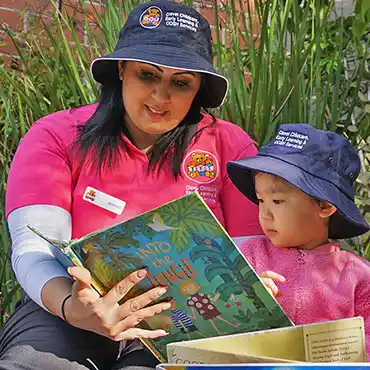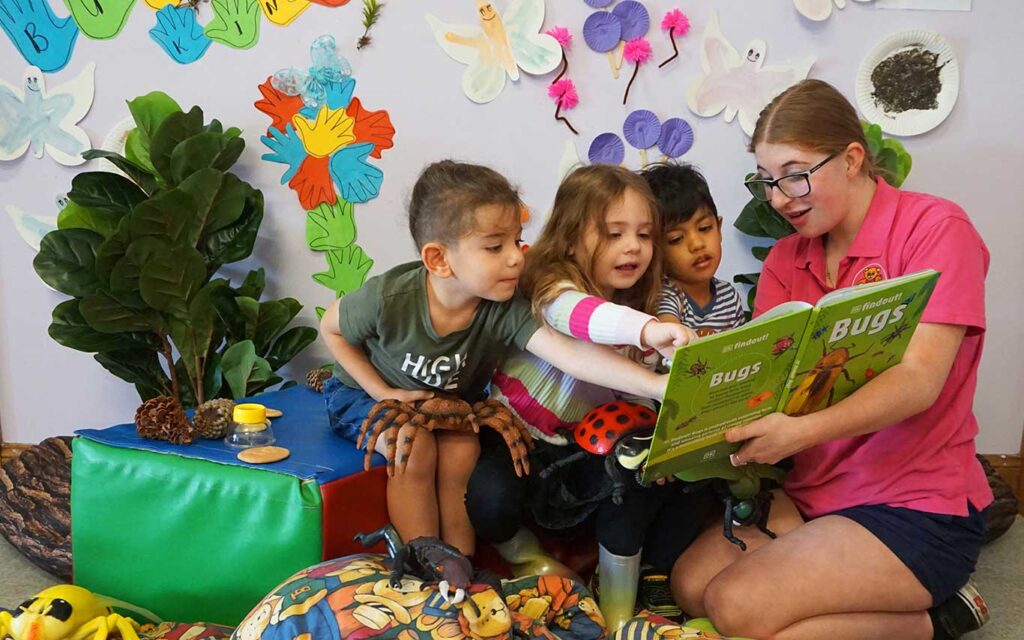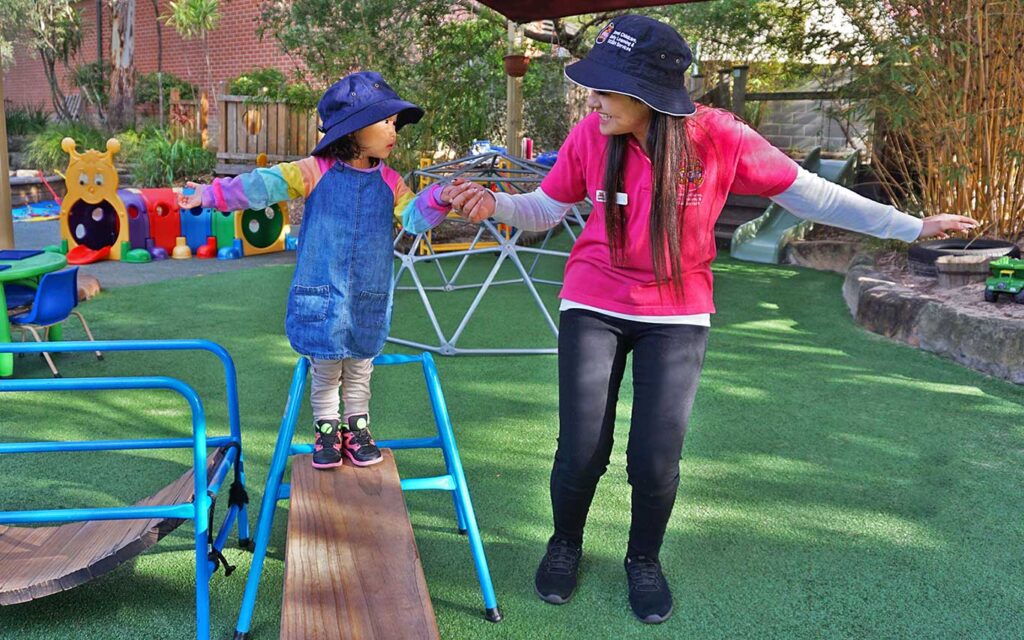There are many significant moments throughout a child’s learning journey. In the early years of education, children are learning during every moment of the day. From how to make friends to developing fundamental skills that will help them throughout the rest of their lives, these moments are crucial. Watching our children develop an intrinsic love for learning is one of the most precious experiences we get to go through. However, the joy can sometimes be overshadowed by concerns. Today, we want to talk about the preschool-to-kindergarten transition and how we can help our children develop kindergarten readiness skills to ensure they thrive in the next stage of their learning journey.
Understanding Kindergarten Readiness
Kindergarten readiness is about ensuring children have the essential skills of kindergarten before entering their new educational setting. Rather than being academically focused, it encompasses a wide range of developmental areas. A preschool transition program will focus on motor skills, social-emotional growth, and physical activities while ensuring they ascertain fundamental skills and knowledge before they take the next steps in their learning journey. These kindergarten readiness skills are developed to equip children with everything they need to handle school life.
Key Kindergarten Readiness Skills
To ensure a child is ready to begin kindergarten, preschools will equip them with a selection of kindergarten readiness skills by carrying out a plethora of regular kindergarten prep activities. There are three primary areas of focus when ensuring school readiness for preschoolers: academic skills, social-emotional skills, and physical development. Let’s take a deeper look at each of them.
Academic skills
The academic focus at most preschools is designed not to be intense for children. However, these kindergarten readiness skills give them a huge head start once they have transitioned. It will likely be divided into two basic categories: literacy and numeracy. The literacy skills will focus on the recognition of letters and understanding basic phonics, laying the foundations for early reading and writing proficiency. The numeracy skills will focus on basic counting, recognising numbers, and identifying basic shapes to lay the groundwork for structured lessons.

Social-Emotional Development
Two of the most essential skills for kindergarten are the ability to interact and self-regulate. Throughout preschool, children learn fundamental skills in managing their emotions, following instructions, staying focused, sharing, cooperating, and building positive relationships. Socialising is one of the most fundamental kindergarten readiness skills.

Physical Development
Plenty of activities during preschool are focused on the physical development of the child. Developing fine motor skills through activities, such as holding pencils, using scissors, and playing with various objects, will enhance precision and dexterity. Part of a preschool transitions program will also include focusing on gross motor skills and developing coordination and strength for physical activities. Children will experience hundreds of kindergarten prep activities that have been carefully designed to enhance their experience and development throughout kindergarten and beyond.

Strategies to Prepare Your Child for Kindergarten
The role of parents in ensuring school readiness for preschoolers is just as important as the learning facilitators. Here are some ways you can get involved.
Engaging in Kindergarten Prep Activities
The best way for young children to develop essential skills is to learn through play. When preparing for kindergarten, tips like reading together, playing counting games, and getting involved in arts and crafts are some of the best we can give. Each of these activities is easy to prepare and will enhance vocab, comprehension, numeracy, and motor skills.
Establishing Routines
Routines play a significant role in preparing a child for formal education. Following a regular schedule at home will improve time management and reduce any anxiety they might have about progression to kindergarten. Understanding routines is one of the kindergarten readiness skills that can massively enhance their entire experience.
The more we do at home to prepare our children for kindergarten, the more it will boost their confidence and self-esteem, enabling them to feel ready for everything that awaits in the next exciting stage of their education.
The Role of Preschool in Transition Programs
Preschool transition programs are meticulously crafted to enhance the development of early years learners. They allow children to become familiar with themselves and interact with the world around them. A large part of preschool transition programs involves building routines and social skills and learning what to expect beyond preschool. Additionally, to enhance their kindergarten readiness skills, they will visit kindergarten classrooms, take part in kindergarten activities, and build confidence through taking part in team activities. Preschool programs are tailored to facilitate the needs of children to ensure absolute readiness for everything that awaits in kindergarten.
How Clovel Childcare Supports School Readiness
At Clovel Childcare, we are dedicated to giving children the tools they need to transition into the next stages of their education. With our holistic approach, children spend their days taking part in play-based learning, exploring and developing critical kindergarten readiness skills. Our faculty are all experienced and qualified in early years education and know precisely what it takes to develop the comprehensive programs children need to gain essential skills for kindergarten.
Frequently Asked Questions (FAQs)
What are the most critical skills my child should have before starting kindergarten?
Essential skills for kindergarten are considered to be basic numeracy and literacy abilities and the capability to socialise with other children. Although these specific skills will not be fully developed prior to starting kindergarten, parents/guardians can make attempts to familiarise their child with letters and numbers before they start. Through the right preschool transition program, they will also develop the motor skills needed to excel.
How can I tell if my child is ready for kindergarten?
To identify whether a child possesses kindergarten readiness skills, preschool educators will assess their academic, social-emotional, and physical development. Preschool educators are highly trained and able to pick up on growth that may not be straightforward to identify.
What can I do at home to support my child’s readiness?
There are plenty of things parents can do at home to enhance their children’s kindergarten readiness skills. Establishing routines, promoting independence, and communicating their transition can significantly help them prepare. Additionally, engage in as much educational play as possible. It doesn’t take much, but a small, constant effort can massively enhance their chances of having a wonderful kindergarten experience.












